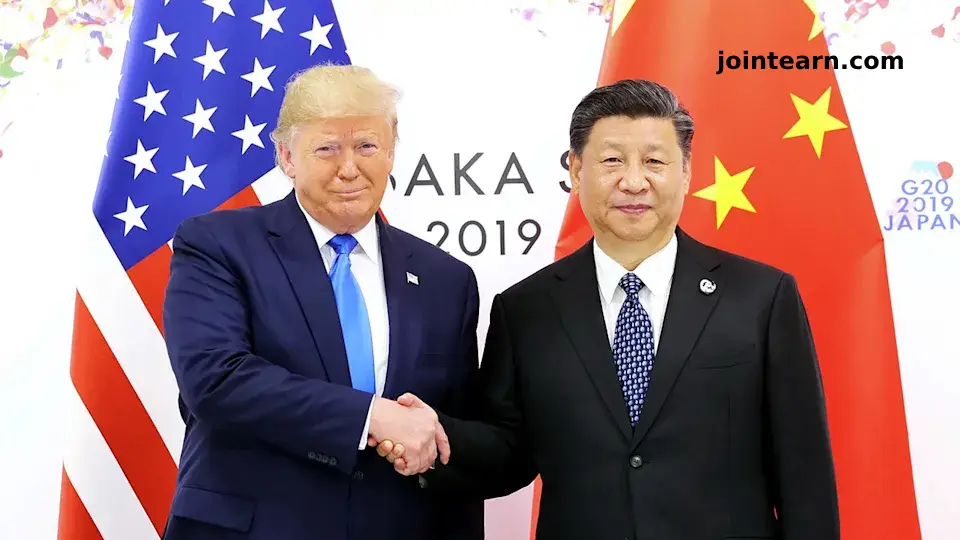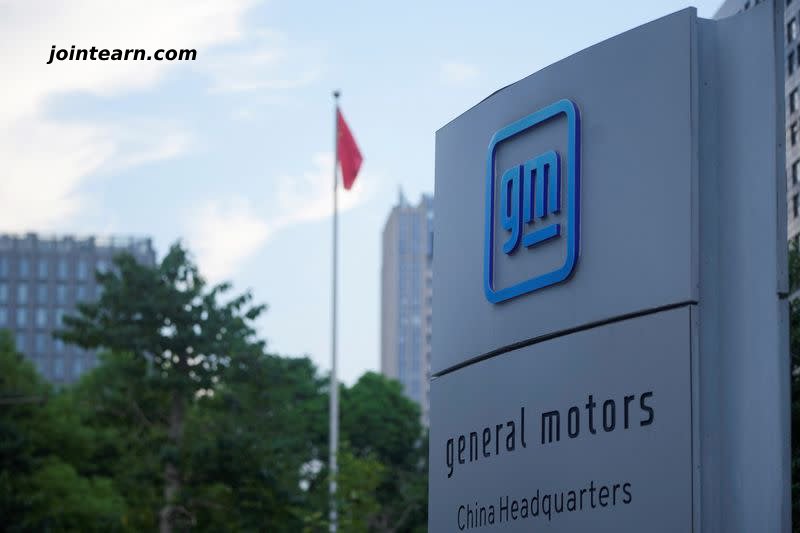Washington – U.S. Treasury Secretary Scott Bessent said Tuesday that the Trump administration will consider China’s failure to comply with the Phase One trade deal from President Trump’s first term when finalizing a new trade agreement with China.
Speaking to FOX Business Network’s “Kudlow”, Bessent responded to questions about whether the Phase One deal signed in January 2020 could serve as a starting point for ongoing negotiations, or if the U.S. would approach the talks with a clean slate.
“We’ll have to take into account that they didn’t adhere to the Phase One deal,” Bessent explained, noting that despite the Biden administration’s support for the tariffs, they failed to enforce the agreed-upon purchase commitments from China. “I think it’s unsustainable from the Chinese side.”
Phase One Trade Deal and Its Impact on US-China Trade
The Phase One trade agreement was designed to de-escalate the US-China trade war by requiring China to purchase an additional $200 billion in U.S. exports over 2020 and 2021. However, China fell far short of these targets and did not meet the import levels that existed prior to the trade war in 2017. The deal also sought to address intellectual property protections, forced technology transfers, and U.S. agricultural exports to China, though many provisions were not fully implemented.
Bessent emphasized that the Trump administration views economic security as national security, especially following the disruptions experienced during the COVID-19 pandemic. He noted how the pandemic revealed vulnerabilities in the U.S. supply chain, particularly for critical sectors like medicine, semiconductors, and steel. “One of the most important things we will be doing in the coming years is fortifying the supply chain,” Bessent added.
Tariff Consequences for China and US Buyers
Bessent also pointed out that the Trump administration’s tariffs on Chinese goods—which now stand at upward of 145%— have begun to hurt China significantly. The U.S. trade deficit with China, he stated, will continue to play a crucial role in the negotiations, as China sells the U.S. roughly five times more than the U.S. sells to China. This imbalance puts more pressure on China to make concessions in trade talks.
“As I’ve said many times, these high tariffs are unsustainable. U.S. buyers have done a substantial amount of preordering, and now Chinese factories are shutting down,” Bessent said, adding that the consequences of sustained tariffs could lead to massive layoffs in China.
Looking Ahead: US-China Trade Negotiations
When asked about the progress of US-China trade negotiations, Bessent deferred to President Trump, confirming that Trump will be directly involved in all trade talks. “The president will be intimately involved in these negotiations,” he said, suggesting that details of any trade deal will be revealed by Trump himself.
As the U.S.-China trade talks continue, all eyes remain on whether the Trump administration can reach a new agreement that balances the need for fair trade with China while addressing supply chain vulnerabilities and economic security concerns.












